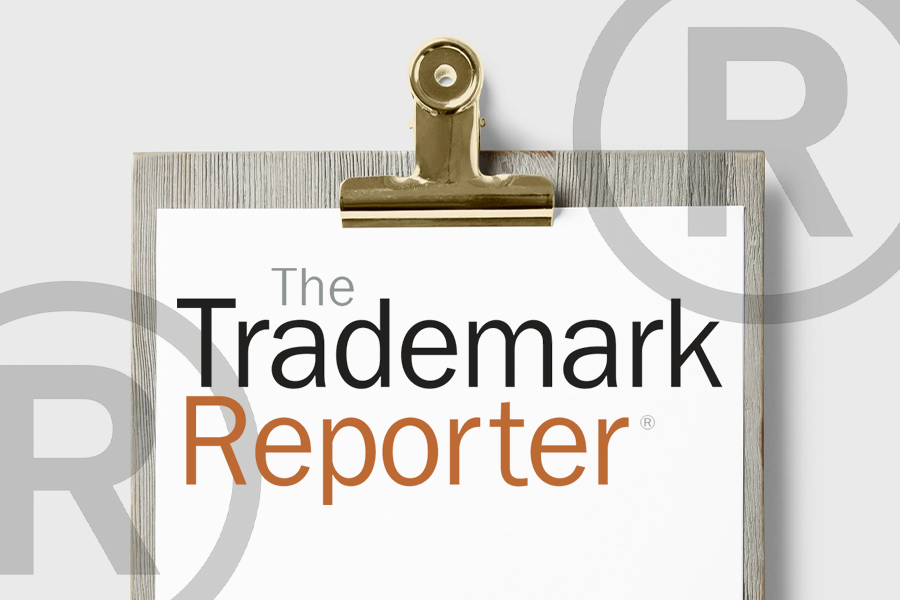Resources
The Trademark Reporter

Current Issue
United States Annual Review (January–February 2026, Vol. 116, No. 1)
The United States Annual Review issue of The Trademark Reporter (TMR), by TMR authors Theodore H. Davis Jr. and John L. Welch, is a review of trademark cases in the United States for the seventy-eighth year of administration of the Lanham Act (approximately July 2024–June 2025) arranged in three parts: ex parte appeals; inter partes proceedings; and litigation in the federal courts and state courts of general jurisdiction.
Please join TMR authors Theodore H. Davis Jr. and John L. Welch at the 2026 Annual Meeting in London, when for the first time ever they will present their “Trademark Year in Review: U.S. Case Law Highlights” in two related sessions—so you must attend both to get all the information and insights you need! Part 1 is Sunday, May 3, 2:45 pm–3:45 pm. Part 2 is Wednesday, May 6, 2:30 pm–3:30 pm. Registration for the 2026 Annual Meeting is required to attend this session. Learn more and register today.
U.S. Annual Review: The 78th Year of the Lanham Act
Theodore H. Davis Jr. and John L. Welch
The United States Annual Review analyzes cases for the seventy-eighth year of the Lanham Act (approximately July 2024–June 2025).